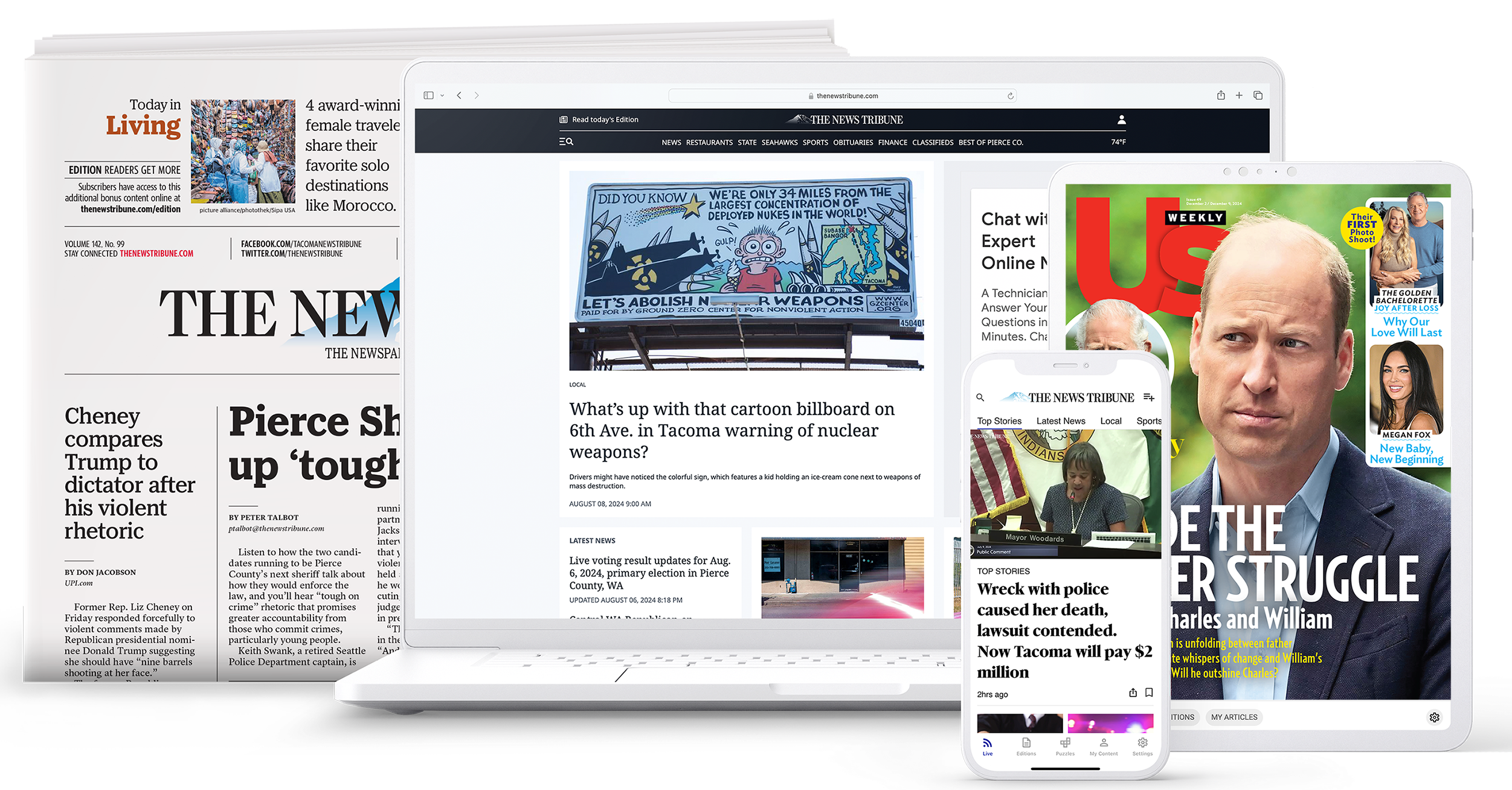The Ultimate Walkthrough of stnews.live Step by Step
Wiki Article
The Value of Fact-Checking on the planet of News Online
The prevalence of false information in today's online news landscape has actually gotten to worrying degrees. Fact-checking organizations play an important duty in combating this fad. They validate cases and boost the trustworthiness of journalism. Nonetheless, the efficiency of these organizations usually depends upon their approaches and public perception. As audiences navigate this complicated environment, the implications of their searchings for might form the future of news intake and trust. What does this mean for the stability of info moving on?
The Rise of False Information in the Digital Age
Just how has the introduction of electronic modern technology added to the spread of false information? The fast development of the web and social media sites systems has assisted in the dissemination of info at an extraordinary pace. Users can share articles, videos, and viewpoints with a plain click, often without confirming the content's precision. Formulas focus on marvelous or psychologically charged product, leading to an expansion of misleading narratives that record attention.Furthermore, the privacy afforded by digital systems enables individuals to spread incorrect information without liability (stnews.live). False information thrives in resemble chambers, where users are exposed mostly to point of views that enhance their beliefs, better setting falsehoods. The saturation of details can overwhelm individuals, making it challenging to recognize reputable resources from unstable ones. Misinformation has actually become a prevalent issue in the electronic landscape, affecting public opinion and trust fund in reputable news sources.
The Function of Fact-Checking Organizations
Fact-checking organizations play a necessary duty in boosting the reliability of journalism by verifying claims made in report. Their initiatives are essential in combating misinformation, guaranteeing that exact details prevails in the electronic landscape. By holding media outlets responsible, these organizations add substantially to educated public discussion.Enhancing Reputation in Journalism
While false information proliferates in the electronic age, fact-checking organizations play a vital duty in enhancing the reputation of journalism. These companies thoroughly validate cases made in newspaper article, public statements, and social media posts, ensuring that information distributed to the general public is accurate and trustworthy. By giving independent assessments, they offer as a crucial resource for journalists, aiding them keep high criteria of integrity. Furthermore, their initiatives promote openness in media, promoting public trust. As audiences end up being progressively discerning, the existence of reliable fact-checking entities can distinguish dependable news resources from those that might spread frauds. Inevitably, the dedication of fact-checking organizations to copyright truthfulness is critical for the wellness of autonomous discussion.Combating Misinformation Efficiently
As false information remains to spread out rapidly across digital systems, the role of fact-checking organizations comes to be increasingly important in the battle for precise details. These companies serve as watchdogs, looking at insurance claims made by public numbers and media outlets to guarantee accountability. By utilizing extensive research methods and professional analysis, they validate realities and clarify misleading stories. Their findings are shared with different channels, informing the public and promoting important thinking. On top of that, partnerships with social media sites platforms enhance their reach, allowing for prompt flagging of false info. As digital literacy expands, the impact of fact-checking companies is essential in encouraging target markets to determine fact from fallacy, ultimately contributing to a more educated culture.Exactly How False Information Affects Public Perception
Misinformation greatly undermines depend on in media, leading audiences to wonder about the credibility of news sources. Consequently, people typically move in the direction of electrical outlets that enhance their current beliefs, contributing to the polarization of point of views. This dynamic creates a fragmented details landscape, where shared understanding comes to be progressively challenging to accomplish.Rely on Media

Rely on media has actually come to be significantly breakable in the digital age, where the quick spread of false info can alter public understanding. As misinformation multiplies throughout social media sites and on the internet systems, target markets frequently locate it testing to recognize reliable sources from undependable ones. This unpredictability promotes apprehension, leading many individuals to examine the objectives behind news coverage. Subsequently, rely on established media outlets has diminished, as customers progressively turn to alternative sources that may lack strenuous content standards. This erosion of trust not just influences individual beliefs however also undermines the collective capacity to participate in educated discussions. Inevitably, the stability of journalism goes to stake, highlighting the vital requirement for effective fact-checking to bring back confidence in the media landscape.

Polarization of Opinions
The boosting apprehension toward typical media has actually contributed to a growing polarization of opinions among the public. Misinformation, usually disseminated with social media sites and on-line systems, plays a considerable duty in shaping distinct ideological separates. People frequently look for out details that aligns with their pre-existing ideas, strengthening their viewpoints while rejecting opposing perspectives. This echo chamber result heightens departments, causing a fragmented public discourse where consensus comes to be increasingly elusive. Furthermore, sensationalized stories grow in this environment, further skewing public assumption and fostering question in credible sources. As polarization rises, the need for reliable fact-checking ends up get redirected here being extremely important to connect voids and promote informed conversations, inevitably guaranteeing a much more cohesive society capable of navigating complicated problems.Strategies for Efficient Fact-Checking
Reliable fact-checking counts on a systematic approach that consists of extensive research study, verification of sources, and important evaluation of insurance claims. A foundational strategy is cross-referencing info from multiple qualified resources to confirm its accuracy. Fact-checkers typically utilize specialized data sources and archives to map the origin of certain declarations, making sure that the reported information aligns with documented evidence.One more necessary approach includes looking at the context in which cases are presented. Misleading info can occur from out-of-context quotes or careful data visit the site use. By taking a look at the broader story, fact-checkers can identify potential biases or misinterpretations.
Engaging with professionals in pertinent areas can provide clarity and insight that boosts the fact-checking process. This collaboration can discover subtleties that laypeople may forget - stnews.live. Eventually, a self-displined technique combining these methods cultivates an extra educated public, boosting the integrity of details distributed in the electronic age
The Impact of Social Media on News Usage
Just how has social networks transformed the means people take in news? The appearance of systems like Facebook, Twitter, and Instagram has significantly modified news usage patterns. News is now disseminated quickly, allowing individuals to access real-time updates and involve with material with likes, shares, and remarks. This immediacy has actually fostered a choice for bite-sized information, typically at the expense of extensive analysis.Social media enables customized news feeds, where formulas curate web content based on individual choices, creating echo chambers that may limit direct exposure to diverse point of views. The duty of typical news electrical outlets has diminished as individuals significantly rely upon peer suggestions and trending subjects. The trustworthiness of info is commonly endangered, as sensationalism can outweigh valid reporting. Generally, social media has reshaped news usage, highlighting rate and customization while challenging the standards of journalistic integrity.
Equipping Target Markets to Recognize Trustworthy Sources

Additionally, analyzing the authorship and business background of news posts can expose possible predispositions. Cross-referencing useful reference info throughout multiple trustworthy electrical outlets better improves the confirmation procedure. Using electronic tools, such as browser extensions that rank the trustworthiness of websites, can also assist in recognizing credible info. By proactively involving with these resources and cultivating a crucial state of mind, audiences can better equip themselves to discern trusted news resources, ultimately promoting a much more educated society among the complexities of today's media environment.
The Future of Journalism and Fact-Checking
As the media landscape advances, the future of journalism and fact-checking deals with both challenges and possibilities. The rise of digital platforms has actually equalized details circulation, permitting diverse voices to arise. Nevertheless, this has additionally led to the proliferation of false information, requiring durable fact-checking mechanisms. Reporters will significantly count on modern technology, consisting of AI devices, to confirm truths quickly and effectively.Cooperation in between news companies and fact-checking entities is anticipated to enhance trustworthiness and openness. Audience engagement will certainly play a necessary function, as informed viewers end up being significant companions in recognizing reliable material.
The need for accountability and accuracy is likely to grow, pushing journalists to maintain high standards in their reporting. Inevitably, the future of journalism may hinge on its capability to adjust to technical developments while maintaining journalistic honesty, making certain that fact-checking continues to be a foundation of legitimate news.
Regularly Asked Questions
Just How Can I Report False Information I Run Into Online?
To report false information experienced online, individuals can use platform-specific reporting devices, give clear proof, and share the information with fact-checking companies. Involving with neighborhood discussions can also help raise awareness about the misinformation.What Are Common Indicators of False Information in News Articles?
Usual indicators of false information in newspaper article consist of spectacular headlines, absence of trustworthy sources, emotional language, irregular realities, and absence of author qualifications. Viewers should critically examine material for these indications to discern accuracy.Just How Do Fact-Checkers Confirm Resources?
Fact-checkers verify resources by cross-referencing info with reliable data sources, seeking advice from professionals, and examining the original context of claims. They likewise assess the integrity of the sources, making certain accurate and credible information for public usage.What Lawful Activities Can Be Taken Against False information?
Lawful actions against misinformation might consist of disparagement legal actions, cease-and-desist orders, and regulatory fines. Victims can look for redress with civil courts, while some territories enforce penalties or permissions on platforms distributing false information.Exist Apps for Fact-Checking News On-The-Go?
Many applications exist for fact-checking news on-the-go, including Snopes, FactCheck.org, and PolitiFact. These applications help customers confirm insurance claims quickly, promoting informed decision-making and promoting a much more discerning technique to consuming news in real-time.Report this wiki page